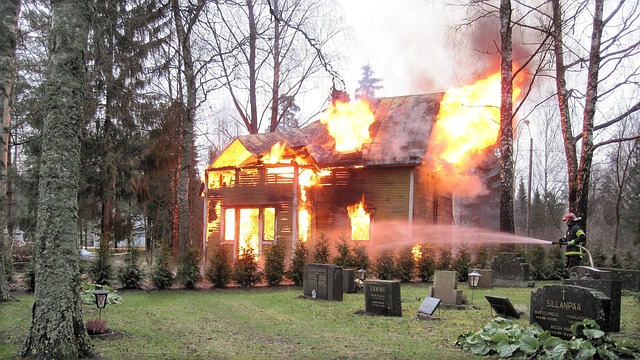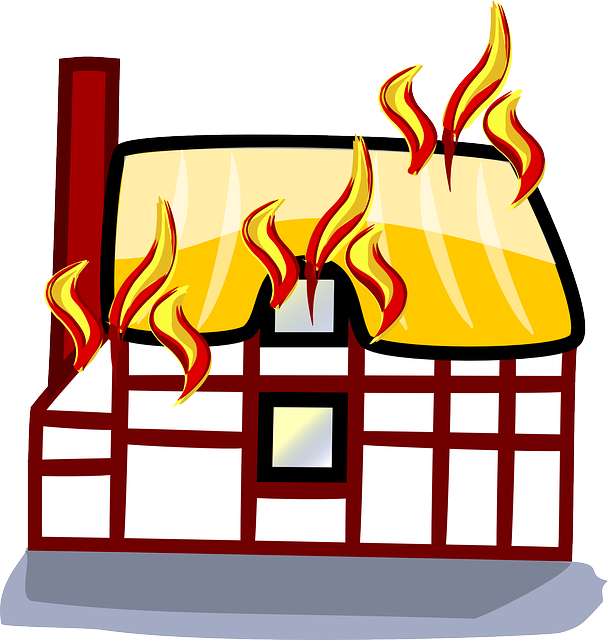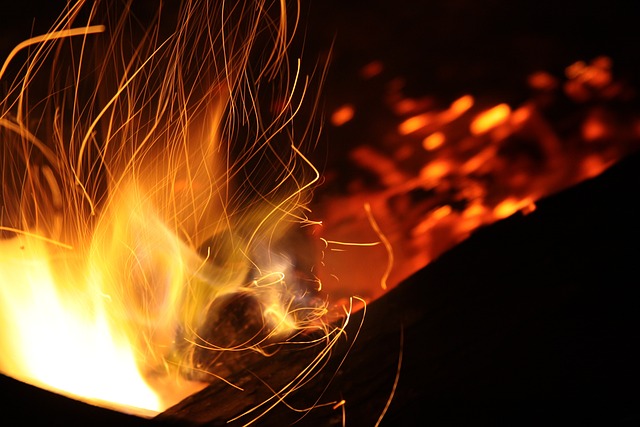Selling a house after a fire in California demands understanding and adhering to stringent post-fire housing regulations, including repair/rebuilding guidelines, permit acquisition, and transparent property condition assessments. Consider selling "as is" if reconstruction costs outweigh value, review insurance policies, comply with state laws on disaster-damaged properties, engage an experienced agent, and stay informed about local rebuilding or relocation incentives.
In the aftermath of a fire, selling your house in California involves navigating complex regulations designed to ensure safety and compliance. This comprehensive guide delves into the key considerations post-fire, offering a step-by-step approach for homeowners looking to sell. From understanding state laws and building codes to practical steps for preparing your home, this article provides essential insights for successfully navigating the legal and practical aspects of selling your house after a fire in California.
- Understanding California's Housing Regulations Post-Fire: A Comprehensive Guide
- Selling Your House After a Fire in California: Navigating the Legal and Practical Considerations
Understanding California's Housing Regulations Post-Fire: A Comprehensive Guide

After a fire, selling your house in California involves navigating specific regulations designed to ensure safety and protect homeowners. The process requires a comprehensive understanding of post-fire housing regulations, which can be complex and vary based on the severity of damage. If your home has sustained significant structural damage, you’ll need to follow strict guidelines for rebuilding or demolishing the property, including obtaining permits from local building departments.
California’s Department of Building Standards and Safety plays a pivotal role in regulating post-fire reconstruction, overseeing compliance with state and local fire safety codes. When selling a house after a fire, transparency is key; potential buyers will want to know about any renovations or repairs made to address fire damage. A thorough inspection and an honest assessment of the property’s condition are essential steps to ensure a smooth sale, adhering to California’s housing regulations for sell house after a fire.
Selling Your House After a Fire in California: Navigating the Legal and Practical Considerations

Selling your house after a fire in California involves navigating both legal and practical considerations. First, assess any damage and consult with contractors to understand repair costs. In some cases, it might be more financially prudent to sell as is, especially if reconstruction expenses exceed property value. Remember that insurance companies play a crucial role; review your policy carefully to understand coverage for fire damage repairs, and communicate openly with your insurer about your plans to sell.
California has specific laws regarding disaster-damaged properties. For instance, sellers must disclose known material defects, so transparency is key throughout the sales process. Engaging an experienced real estate agent familiar with post-disaster markets can be invaluable, as they can guide you through potential challenges like reduced property value and buyer concerns. Additionally, be aware of any local regulations or incentives related to rebuilding or relocating after a fire.
In conclusion, navigating the process of selling your house after a fire in California involves understanding and adhering to specific housing regulations. By familiarizing yourself with post-fire guidelines and legal considerations, you can ensure a smooth transition towards rebuilding or relocating. Remember that, when it comes to selling a house after a fire in California, knowledge is power—it’s essential to dive into these regulations to make informed decisions for your future.






